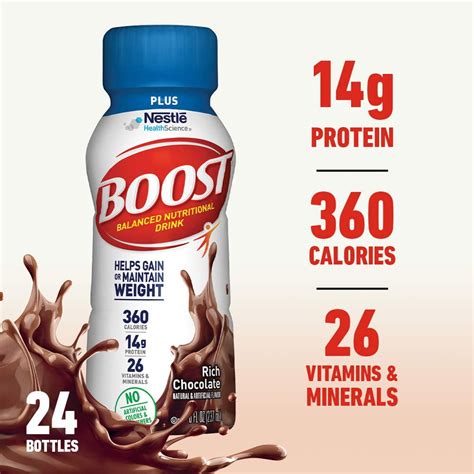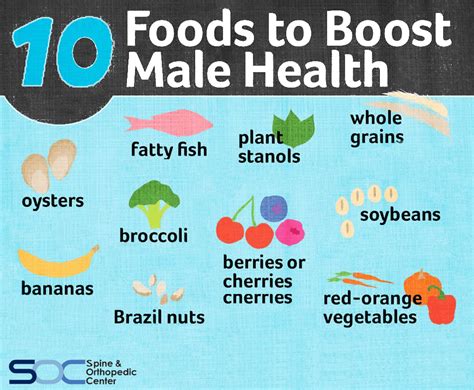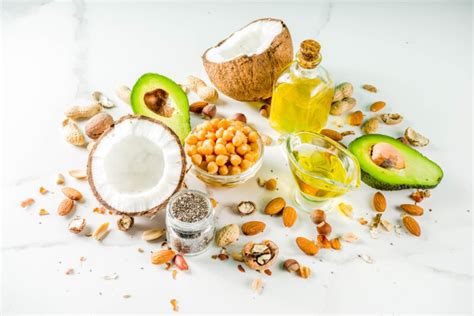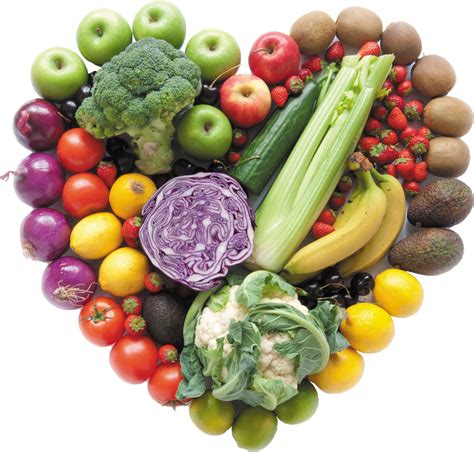Boost testosterone naturally: key nutrition strategies for men?

Testosterone, the primary male sex hormone, plays a pivotal role in men’s health, influencing everything from muscle mass and bone density to mood, energy levels, and libido. As men age, testosterone levels can naturally decline, but various lifestyle factors, including diet, can also impact these crucial hormones. The good news is that strategic nutritional choices can significantly contribute to maintaining healthy testosterone levels naturally.
Understanding Testosterone and Its Importance
Healthy testosterone levels are fundamental for a man’s overall well-being. Beyond its well-known effects on sexual function and muscle development, testosterone also affects red blood cell production, fat distribution, and cognitive functions. Low testosterone (hypogonadism) can lead to a range of symptoms, including fatigue, decreased libido, muscle loss, weight gain, and mood changes. While medical intervention may be necessary in some cases, optimizing your diet is a powerful first step in supporting natural testosterone production.

Key Vitamins and Minerals for Testosterone Production
Certain micronutrients are critical cofactors in the body’s testosterone synthesis pathways. Ensuring adequate intake of these can make a substantial difference.
Zinc: The Essential Mineral
Zinc is arguably one of the most important minerals for testosterone production. It plays a role in numerous enzymatic processes, including those involved in hormone regulation. Studies have shown that zinc deficiency can lead to reduced testosterone levels, while supplementation in deficient individuals can restore them. Excellent dietary sources include oysters, red meat, poultry, beans, nuts, and whole grains.
Vitamin D: The Sunshine Hormone
Often referred to as a pro-hormone, Vitamin D is crucial for various bodily functions, including immune health and bone density. Research indicates a strong correlation between adequate Vitamin D levels and healthy testosterone. While sun exposure is the primary way to synthesize Vitamin D, dietary sources like fatty fish (salmon, mackerel), fortified milk, and egg yolks can also contribute.

Magnesium: Beyond Muscle Function
Magnesium is involved in over 300 enzymatic reactions in the body, including those that influence testosterone. It helps reduce oxidative stress and improve insulin sensitivity, both of which can indirectly support hormone balance. Foods rich in magnesium include leafy green vegetables (spinach, kale), nuts (almonds, cashews), seeds (pumpkin, chia), legumes, and whole grains.
Vitamin K2: A Lesser-Known Ally
While less commonly discussed in the context of testosterone, Vitamin K2 has shown promise in some studies for its potential role in testicular health and hormone production. It works synergistically with Vitamin D. You can find Vitamin K2 in fermented foods like natto, certain cheeses, egg yolks, and organ meats.
Embracing Healthy Fats
Contrary to outdated beliefs, healthy fats are vital for hormone production. Cholesterol, derived from dietary fats, is the precursor molecule for all steroid hormones, including testosterone. A diet too low in healthy fats can negatively impact testosterone levels.
- Monounsaturated Fats (MUFAs): Found in olive oil, avocados, and nuts, MUFAs have been linked to higher testosterone levels.
- Polyunsaturated Fats (PUFAs): Omega-3 fatty acids, found in fatty fish (salmon, tuna), flaxseeds, and walnuts, are essential for overall cellular health and can support hormone function.
- Saturated Fats: While moderation is key, a certain amount of healthy saturated fat from sources like grass-fed beef or coconut oil can also be beneficial, as extremely low-fat diets can depress testosterone.

Strategic Food Choices: Building a Testosterone-Friendly Diet
Beyond individual nutrients, focusing on whole, unprocessed foods can create an optimal environment for hormone health.
Lean Proteins for Muscle and Hormones
Adequate protein intake is essential for muscle maintenance and growth, which indirectly supports healthy testosterone. Choose lean sources like chicken breast, turkey, fish, eggs, and plant-based options such as legumes and lentils.
Cruciferous Vegetables: Estrogen Balance
Vegetables like broccoli, cauliflower, Brussels sprouts, and cabbage contain compounds like Indole-3-Carbinol (I3C) and Diindolylmethane (DIM). These compounds help the body metabolize and excrete excess estrogen, which can be beneficial as a healthy estrogen-to-testosterone ratio is crucial for male hormonal balance.
Antioxidant-Rich Foods: Combating Oxidative Stress
Oxidative stress can damage cells, including those involved in hormone production. A diet rich in antioxidants, found in berries, dark leafy greens, colorful vegetables, and spices, can help protect these cells and support overall endocrine health.

Foods to Limit or Avoid
Just as some foods boost testosterone, others can hinder its production or increase estrogen levels.
- Processed Foods and Excessive Sugar: These can lead to insulin resistance and inflammation, both of which are detrimental to testosterone levels.
- Excessive Alcohol Consumption: Chronic and heavy alcohol intake can directly impact testicular function and liver health, impairing testosterone production and increasing its conversion to estrogen.
- Soy in Excess: While moderate soy intake is generally safe, very high consumption of processed soy products (like isolated soy protein) may have mild estrogenic effects in some individuals, though more research is needed for conclusive links to testosterone levels.
Hydration and Lifestyle Factors
While nutrition is key, remember that proper hydration, adequate sleep, regular exercise (especially strength training), and stress management are equally vital components of a holistic approach to boosting testosterone naturally. Water is essential for every bodily function, including hormone transport and nutrient absorption.

Conclusion
Boosting testosterone naturally through nutrition is a sustainable and effective strategy for men looking to improve their overall health and vitality. By focusing on a diet rich in zinc, Vitamin D, magnesium, healthy fats, lean proteins, and cruciferous vegetables, while limiting processed foods and excessive alcohol, you can create an optimal environment for healthy hormone production. Remember to consult with a healthcare professional before making significant dietary changes or starting new supplements, especially if you suspect low testosterone levels.








